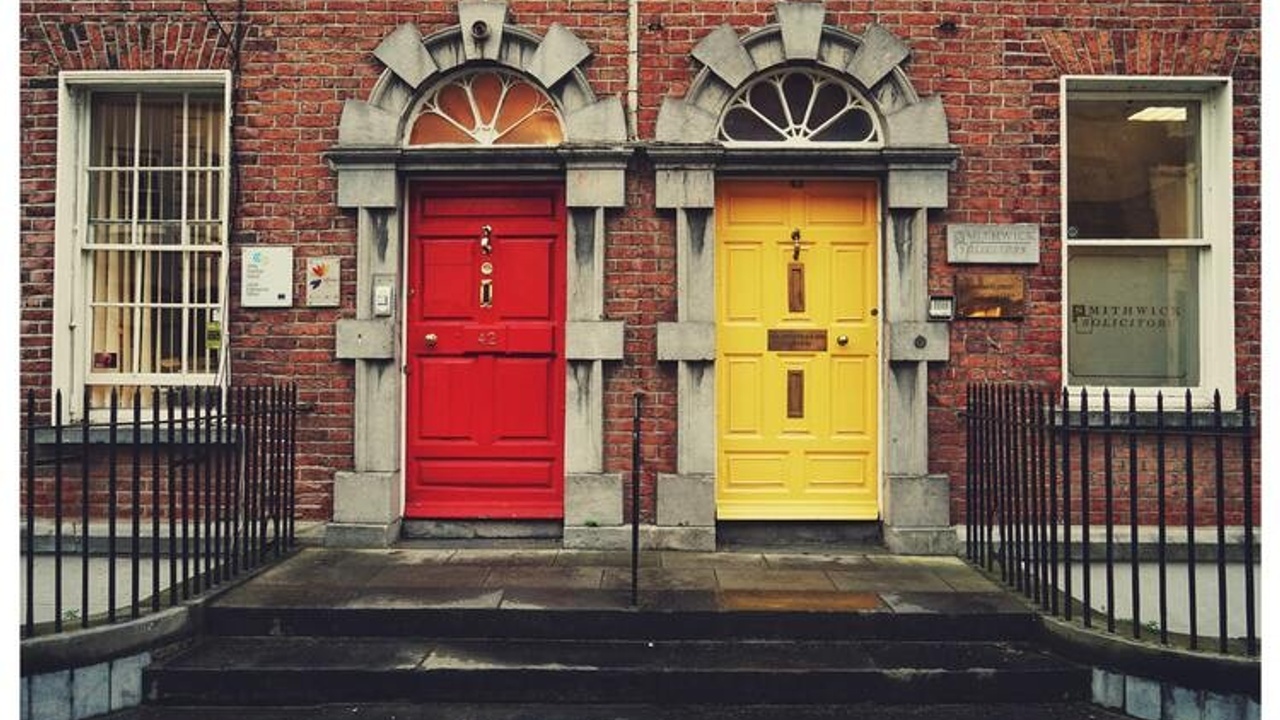How To Choose a Relationship Coach Vs a Couples Therapist
Mar 24, 2021
Counseling and coaching are quite similar, and yet they fulfill somewhat different needs in helping with relationship issues.
When seeking help as a couple it's important to understand the difference between a coach and a counselor so that you can make the choice that's best for you and your partner.
Coaching tends to be action and goal-oriented which looks at how current behaviors impact the future. Counseling tends to be a bit deeper, looking at past influences on present behavior, and is the best choice for those who have active mental health issues.
In this blog, we'll be helping you make the choice that's right for you.
Therapists and Counselors
First, there are marriage counselors or couples therapists.
Counseling, or therapy, is usually a longer-term process that focuses on helping to resolve and diagnoses mental health problems.
Couples therapy focuses on helping couples to resolve self-destructive habits, repair relationships, work through difficult emotional experiences, and process painful traumas.
Therapy often focuses on the past and how problems developed. It looks at resolving the root issues so that it stops the problem in the present moment. It can sometimes involve looking at traumatic events from the past, even as far back as childhood.
Therapists also focus on helping people process difficult emotions. They've also got training on how to help people cope with active mental health issues.
Therapy is often done on a regular schedule. It sometimes involves homework assignments and some psychoeducation. However, it's more focused on processing experiences and emotions than on education.
Insurance will often pay for individual therapy or counseling. However, insurance plans don't normally cover couples therapists and marriage counselors.
Coaching
Coaching, on the other hand, is a process that can either be long-term or short-term. It doesn't necessarily involve regular sessions. Coaching often involves more education and outside-of-session work.
Coaching focuses on working towards goals and taking action on building a specific future. It focuses on improving things, building new skills, learning new skills, and creating a strategy to achieve future goals.
Coaching is often more action-based and less about emotional processing than therapy and counseling.
Coaches
- Do not diagnose.
- Tend to focus on how problems are manifesting in the present.
- Focus more on “how” to move a client toward a goal.
- Help clients achieve results, focusing on goal-oriented action.
- Coaches do not need a certification or specific training to practice.
Therapists
- Often need to give a diagnosis for insurance purposes.
- Tend to work with the past, even looking at childhood experiences.
- Focus on “why” certain behaviors occur.
- Explore the subconscious and unconscious mind and untangling the underlying patterns to problems.
- Therapists need specific education and licenses to practice.

Similarities Between Coaches and Therapists
- Both offer an empathic environment in which to work on personal and relationship growth.
- Like coaches, therapists will often also work with goals and action-oriented strategies depending on their approach to therapy.
- Both therapists and coaches work to create behavioral change and improve the client's future.
- Some coaches have training and experience in exploring past issues in order to achieve goals.
Do I Need a Couples Therapist or a Relationship Coach?
The decision to seek out either a couples therapist or a relationship coach is a personal one, and I want to congratulate you for being ready to take that leap.
Both therapists and coaches can be extremely helpful to create more intimacy and closeness in your relationship.
Here are a few questions to ask yourself to make the decision on whether a coach or a therapist is right for you.

Do You Need To Explore The Past?
The first question to ask yourself is whether or not there have been things in the past which need to be looked at in order to create a better future.
This might include something like an emotional affair earlier in the relationship or one member of the couple comes from a traumatic upbringing.
A therapist is generally a better choice if you feel that the past needs to be untangled and understood in order to create a better future.
If, however, you feel that you need to learn skills and understand one another better to create a better future and have specific goals in mind like improved communication or conflict resolution, then a coach may be a better fit.
Is There A Mental Health Issue?
The second question to ask is whether or not either member of the couple has an active mental health issue.
If someone is depressed or has significant anxiety then this will impact what type of services you should seek out. The depression or anxiety will impact your relationship troubles and make relationship counseling a better choice for you.
Relationship coaching is best utilized by two people who are on relatively solid ground in terms of their mental and emotional health.
Therapy, on the other hand, is better equipped to help when one or both members of the couple are struggling with deeper issues.
What Stage Are You At In Your Growth?
Third, where are you on your journey?
It's important to understand what your biggest relationship challenge is so that you can find the right coach or therapist to help you and your life.
Even if you have significant mental health issues or things in the past that are impacting your future, you may still be a good fit for coaching. The important thing is to examine whether you feel that you're relatively healed from those past wounds and have your mental health in check.
If, however, you know from the get-go that the above will be a significant factor in session then a therapist may be a better fit until mental health issues are stabilized you've had a chance to deal with past issues.
Both Coaches and Therapists Can Help With
- Increasing connection in your romantic relationship
- Reducing conflict and creating a harmonious relationship
- Improving life satisfaction
- Creating a happy relationship
- Offering practical advice and a wide variety of relationship tips
- Develop healthy relationship dynamics
A Relationship Coach Specializes In:
- Achieving specific professional and relationship goals.
- Creating a business that supports your relationship and your life.
- Improving communication skills.
- Learning about specific concepts that will improve your functioning in the relationship (like attachment theory or family systems).
- Achieving financial clarity, security, and freedom.
- Gaining a better sense of life/work balance.
- Being more present and fully participating in your relationship.
- Developing more empathy and understanding within the relationship to create a deeper connection.
A Marriage Counselor Specializes In:
- Overcoming family trauma from the past.
- Understanding destructive, toxic, or traumatic past relationship patterns and family histories.
- Working through the impacts of anxiety or depression on the relationship and in life.
- Understanding how the past has impacted finances and business decisions.
- Improving functioning at work and home that are impacted by mental health issues or trauma.
- Overcoming heartbreak or loss such as divorce or the death of a loved one.
- Exploring how childhood patterns have impacted current behaviors.
Whether you hire a couples therapist or a relationship coach to help you improve your relationship you've made the decision to focus on growth and improving your life. I want to give you credit for exploring your options and really knowing what will help you the most as a couple. When people commit to having a successful relationship they often find that everything in their life gets better.
Would you like more 1 on 1 support? Then perhaps Therapy Informed Financial Planning is for the two of you. I invite you to schedule your free 30-minute discovery call today.
Wishing You Healthy Love and Money,
Ed Coambs
MBA, MA, MS, CFP®, CFT-I™, LMFT
Curious About Your Attachment Style?
Take the Attachment Style Quiz now and learn how it impacts your relationships, finances, and life!



